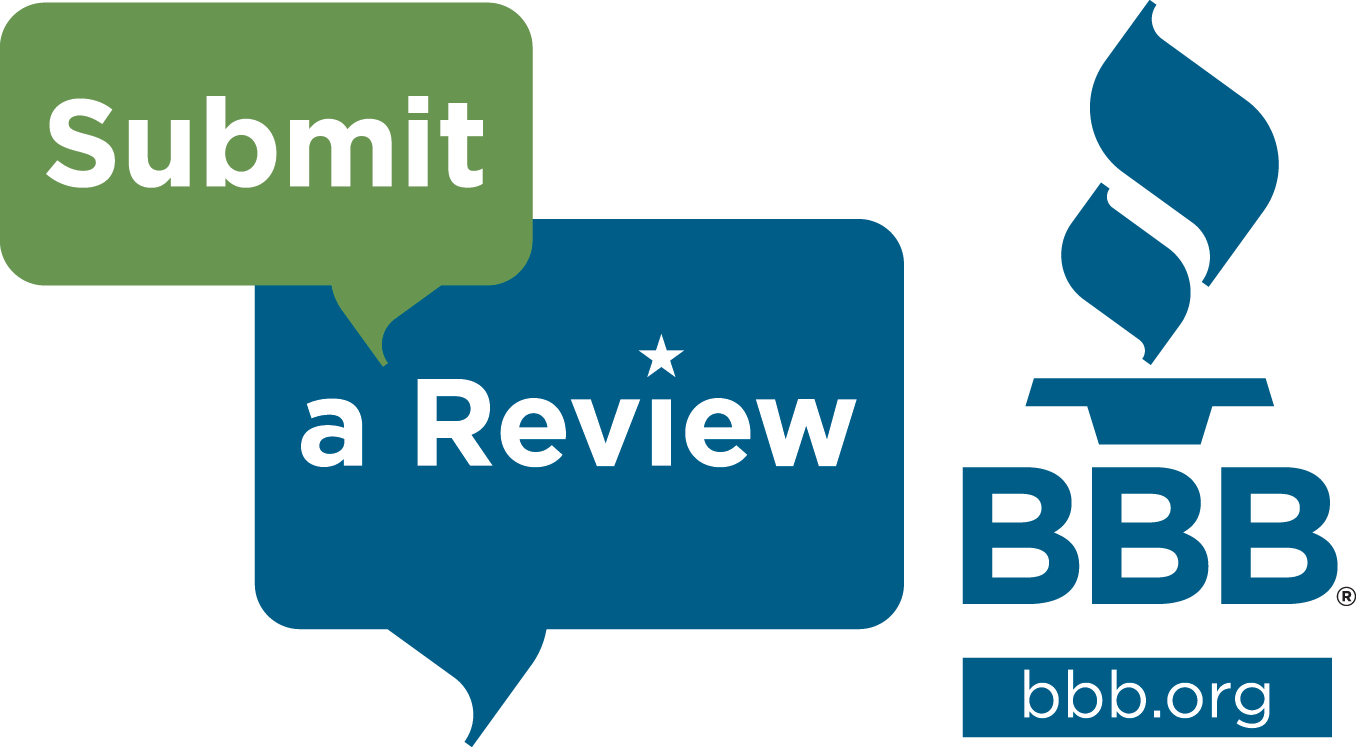5 Things You Should Know Before You Finance a New Home

Are you thinking about buying your first home? Congratulations! Owning a home is a rewarding experience and a great investment. Before you sign the paperwork we want to make sure that you know how the mortgage process works and what all is needed and/or expected from you the potential homeowner. Here are five things you should know before signing your mortgage documents.
1. Understand the cost of homeownership
There are four main components of a mortgage payment- principal, interest, taxes and insurance. The principal and interest comprise your monthly mortgage payment. The principal pays down the loan balance monthly, the interest simply pays the fee for borrowing the money. An amortization calculator can show you how this is broken down over time. The taxes refer to your property taxes which are assessed by the county you live in. The homeowners insurance is something that is required if you have a mortgage. This is paid to an insurance company of your choosing and typically costs between $700-$1200/year.
2. Know where you credit score/history stands
In order to obtain a mortgage loan you must have good credit. There are lenders who will lend money to people with average credit but your interest rate will most likely be higher. It is important to have established credit on your report so that lenders can see your credit-worthiness. Make sure to obtain and dispute any errors on your credit report months before you apply for a mortgage so that any discrepancies can be cleared up. Also it is important to know your credit score as this is usually the determining factor in getting approved for a loan.
3. Match your needs to the different products/loan available
You have probably already calculated how much you can afford to spend on a home. You already know your income, monthly non-housing debt, what you have in your savings and how much you have for a down payment. The next step is to determine how long you plan to be in the home. If your income isn’t going to grow over time, you will probably be in the home longer so you will want to get a loan with a longer term and a payment that will not change. Fixed loans are the way to go if this is your situation. Maybe your income is expected to increase within a few years and you will want to upgrade homes within that time, so you will probably do best for an Adjustable Rate Mortgage or an ARM loan. If you do not have 20% to put down you still have an option of owning a home just by putting as little as 3% down thanks to FHA Loans. Keep in mind this loan will require mortgage insurance.
4. Get a pre-approval
If you do not get a pre-approval you might end up wasting your time looking at house that is outside of your price range. It is important to get a pre-approval so that you know what you are likely able to afford. Most sellers require that your offer be submitted with a lender pre-approval letter to ensure that you are in fact ready to go with financing for a new home.
5. Know the requirements of your lender
When you do decide to move forward with pre-approval for a new home remember that the lenders closely examine multiple aspects of your life. They will want to know your full name, address, date of birth, social security number and many other pertinent pieces of information. They will also need to review your credit, employment history, pay stubs, tax returns and other financial information. The lender will give you a checklist of what is needed and it is important that you follow this list exactly! If they only ask for two pay stubs do not send three. If they only want to see your federal tax returns don’t send the state returns as this is not what they need. Also you may be required to write letters explaining in detail about inquiries on your credit report and other explanations.
We hope that these tips can help you begin the process the mortgage process with ease. If you have more questions about getting a pre-approval let us help you! Contact us here!













